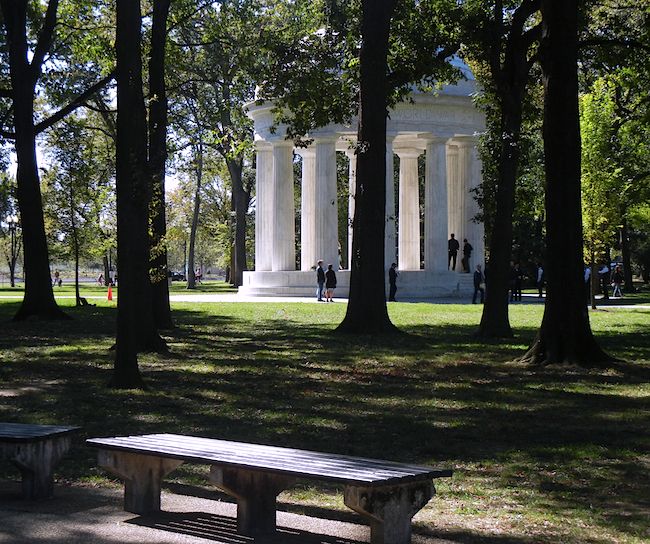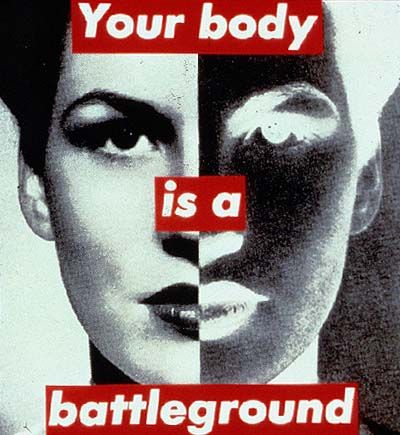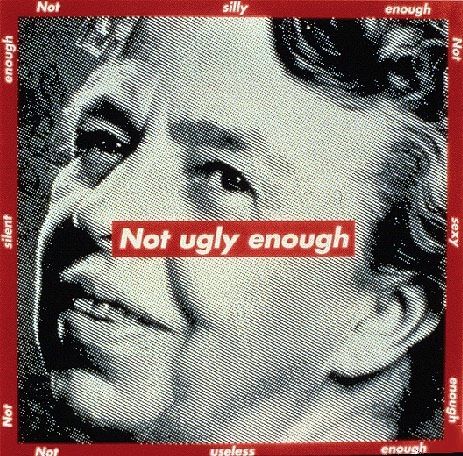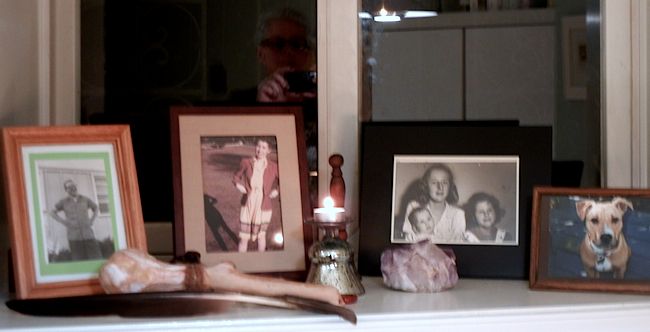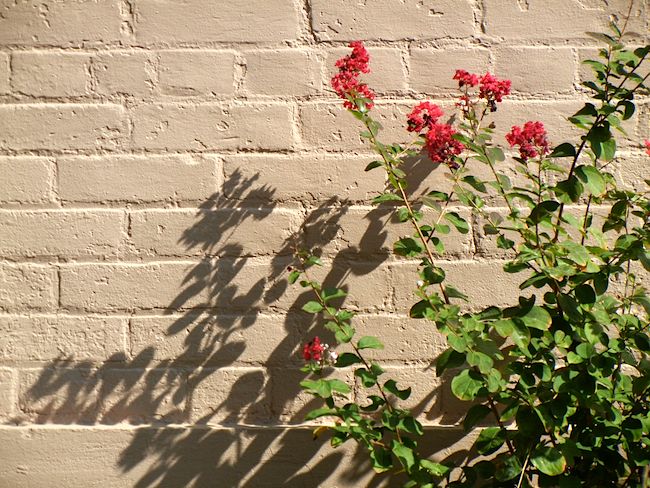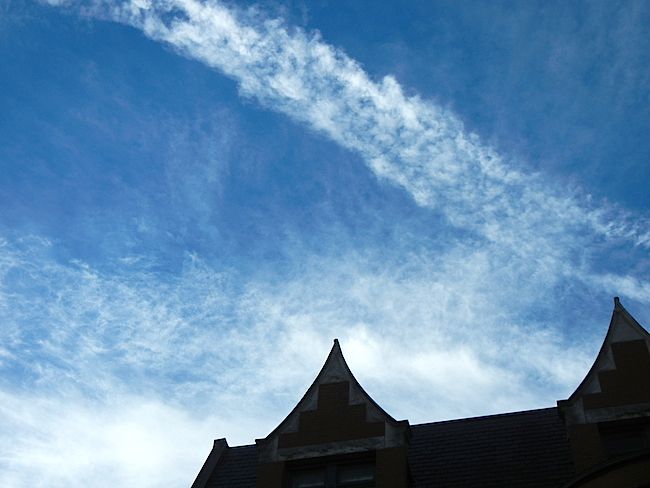
We human beings are at our best when soft and flexible, because we are, in essence, all about movement. Even our bones are flexible, living things. They only turn hard and white when they dry up outside the body.
One of the most damaging effects of excess stress is that it hardens musculature. Hardened muscles are the source of stiff necks, leg cramps, debilitating back pain, temporomandibular problems, insomnia and headaches. Rock hard muscles create pain by putting strain on the joints, lessening blood flow and reducing range of motion.
The famous "six-pack" that is seen as so attractive is actually not a good sign. Overly tight abdominals interfere with healthy movement in the hips, yank on the diaphragm, making it harder to take full breaths, and impinge on digestion. How I wish we revered flexible, toned muscles instead of hard bodies. We are not built to be hard.
Cirrhotic livers are hard as rocks. A healthy liver is soft and flexible. Gallstones and kidney stones, and every kind of cyst and tumor, is a hardening of what should be soft and flowing.
Though not exactly accurate, arteriosclerosis is also called "hardening" of the arteries. It's not the arteries, but all the hardened gunk in them, when it attaches itself to the walls of the arteries, that causes the problem.
I could go on about the ill effects of hardening on our physical bodies, but I'm sure you get the idea.
The metaphors are spot on as well. For instance, being hard hearted is never a good idea. Emotion is about the flow of feelings. The word contains MOTION within it. Those who try to stop the flow of, or solidify, feelings can look forward to many years in therapy, should they ever be willing to release the hardened emotions. And good luck to them!
When you say someone is "hard" on others - or on themselves - you know what that indicates, right? Mean, judgmental, dismissive, cruel behavior involves hardness. Those with soft hearts tend towards compassion, acceptance, trust and humor. I should also mention how much happier those with soft hearts tend to be. Think of the Dalai Lama, for instance.
One of the saddest forms of emotional hardness is the ubiquitous grudge. When anger or hurt is solidified, it turns to a heavy, toxic emotional stone that can prevail over long periods of time, even be passed down from generation to generation. Grudges require a lot of energy to maintain, and may I say that the energy they require is energy that is completely wasted. Grudges do no one any good, not the person holding the grudge nor the grudgee either - though it is more harmful by far for the one holding the grudge.
The mind, too, when it becomes hardened, is not good for anyone. I think of every kind of fundamentalist as someone whose mind has solidified around an idea, whether religious fundamentalism or its evil twin: the virulent anti-God atheist, or anyone whose whole world view is based on an idea they believe to be rock solid, such as strict Vegans, for instance. A hardened mind sees the world as black and white, a very sad predicament that takes away the possibility for every kind of nuance.
A hardened mind is a mind that's shut down, that can't entertain curiosity, that can never learn anything new. It's a sad and scary thing, and no good for anyone.
We are dynamic, cyclical beings living in a dynamic, cyclical universe. We are meant to be mentally, emotionally and physically flexible, resilient and ever changing. Are you feeling hardness somewhere in your body, heart or mind? May I suggest that right now, you could soften your jaw, open your mind and have a good laugh? That always gets everything moving, a good laugh - or, if you're so inclined - a good, sobbing cry.
Here's a link to a New York Times story about the health benefits of laughing. Life is funny. Let go of your hardness, yes? Go with the flow, people, go with the flow. Shalom.

